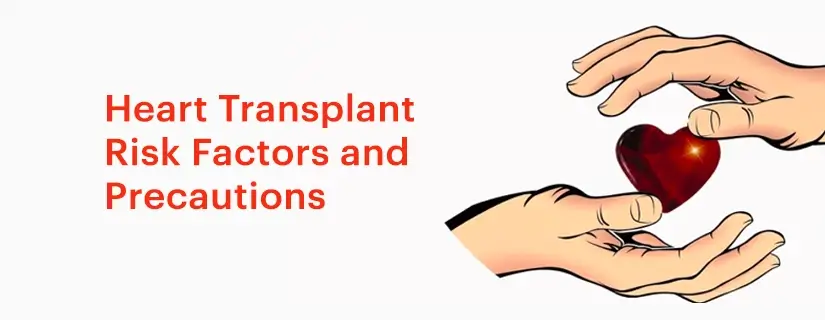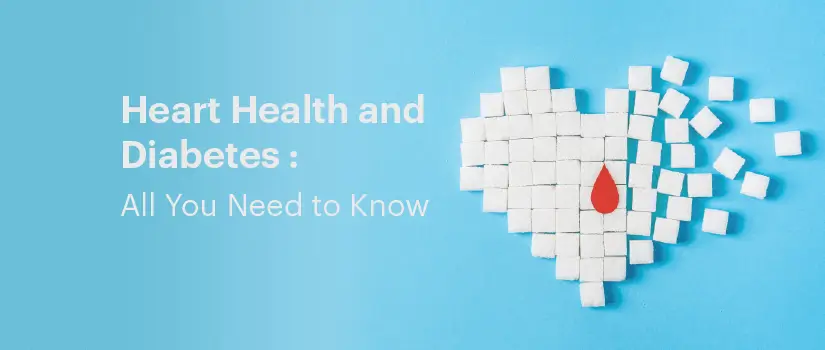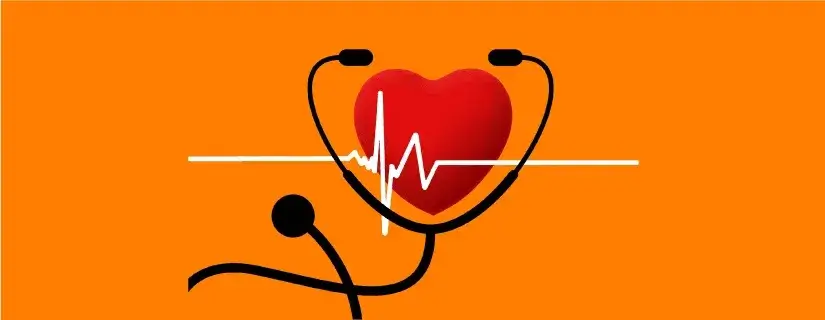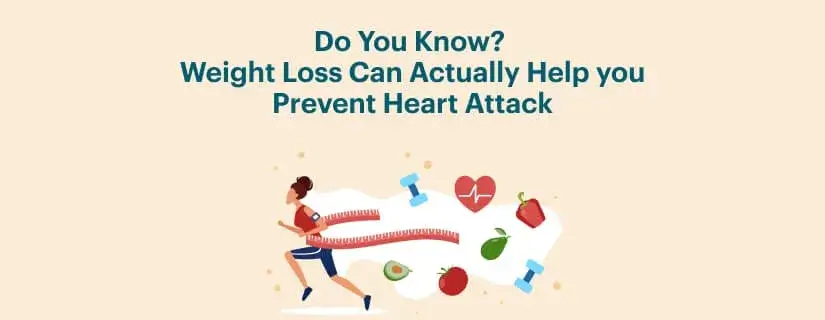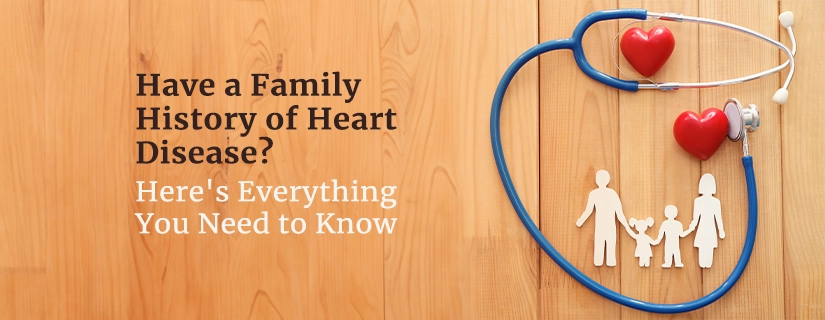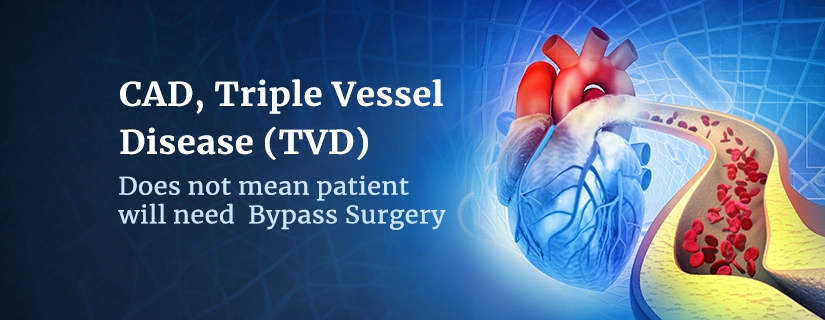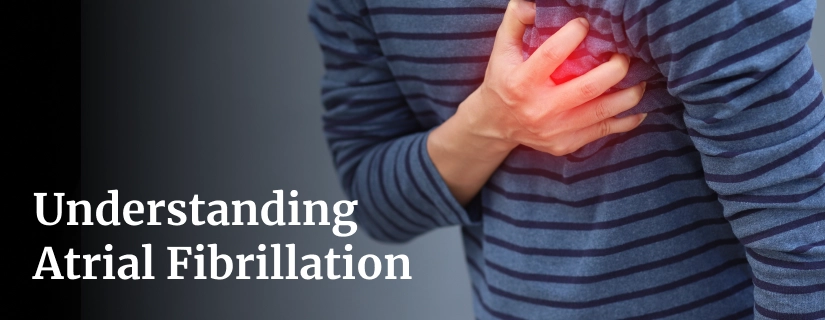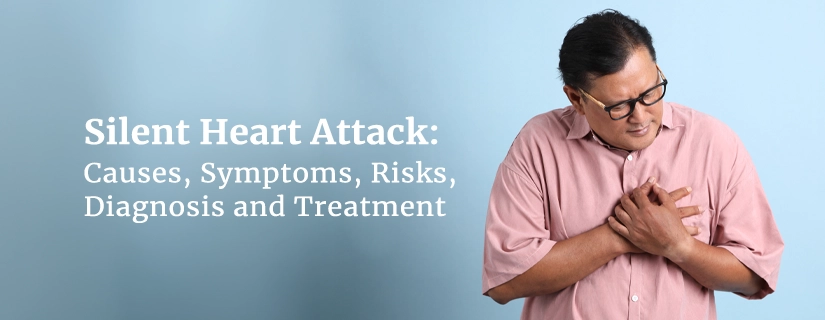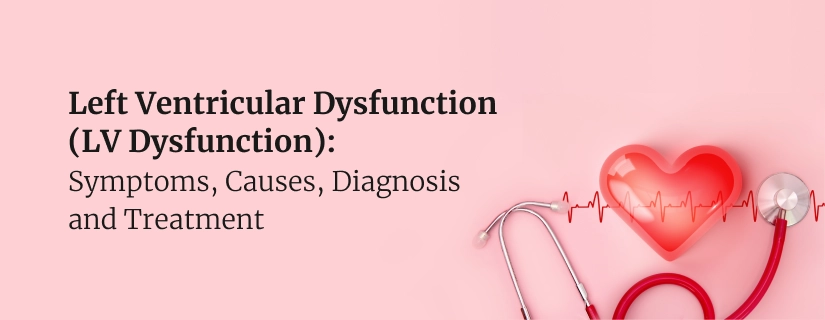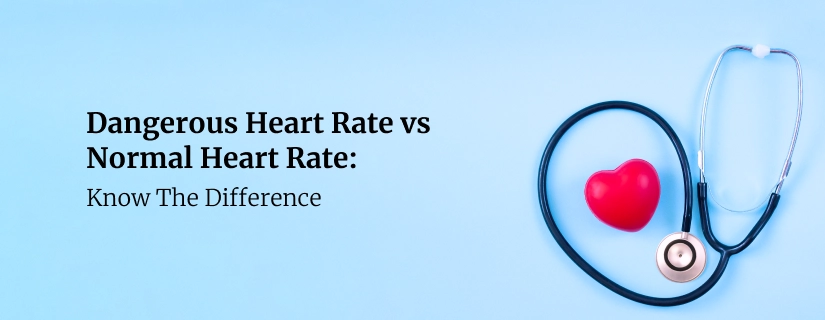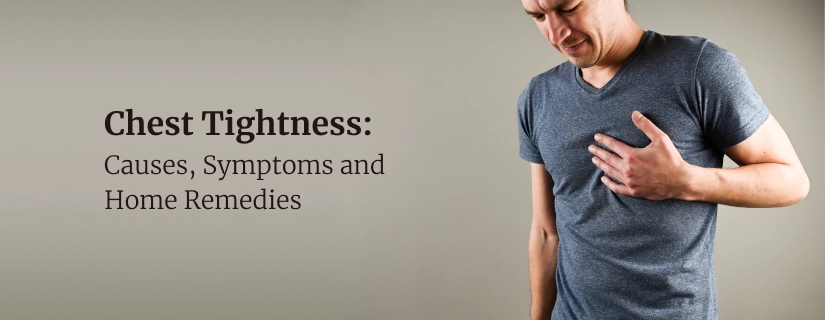-
Doctors
-
Specialities & Treatments
Centre of Excellence
Specialties
Treatments and Procedures
Hospitals & Directions HyderabadCARE Hospitals, Banjara Hills CARE Outpatient Centre, Banjara Hills CARE Hospitals, HITEC City CARE Hospitals, Nampally Gurunanak CARE Hospitals, Musheerabad CARE Hospitals Outpatient Centre, HITEC City CARE Hospitals, Malakpet
HyderabadCARE Hospitals, Banjara Hills CARE Outpatient Centre, Banjara Hills CARE Hospitals, HITEC City CARE Hospitals, Nampally Gurunanak CARE Hospitals, Musheerabad CARE Hospitals Outpatient Centre, HITEC City CARE Hospitals, Malakpet Raipur
Raipur
 Bhubaneswar
Bhubaneswar Visakhapatnam
Visakhapatnam
 Nagpur
Nagpur
 Indore
Indore
 Chh. Sambhajinagar
Chh. SambhajinagarClinics & Medical Centers
Book an AppointmentContact Us
Online Lab Reports
Book an Appointment
Consult Super-Specialist Doctors at CARE Hospitals
How to Prevent a Heart Attack: 5 Things You Can Do
Updated on 1 June 2023

A heart attack is a serious condition that occurs suddenly with some impending symptoms that require immediate medical intervention.
Myocardial infarction, most commonly known as a heart attack, is mostly a case of progressive coronary artery disease. In the case of coronary artery diseases, the arteries supplying blood to the heart are blocked due to deposits of fat, which causes the arteries to become narrow, leading to a condition called Atherosclerosis.
Symptoms of Heart Attack
There are some pronounced symptoms of heart attack occurs:
- Chest pain or tightness
- Unexplained pain in the arm or shoulders, in the back, neck, or in the jaw
- Shortness of breath
- Weakness, dizziness, and fainting
A heart attack might also be accompanied by vomiting or nausea. If you suspect someone is having a heart attack, you should call an ambulance at the earliest and be ready to give CPR if trained.
How to Prevent a Heart Attack?
The symptoms of a heart attack are largely similar. Identifying the signs on time will help prevent extreme damage to the blood vessels. However, as the saying goes, prevention is better than cure, so we should take care to reduce our risks of getting affected by a heart attack.
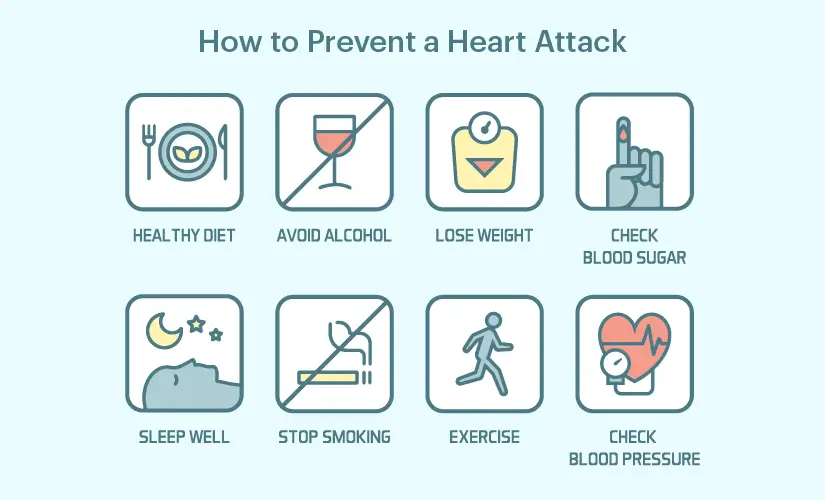
The risk of heart attack can be reduced by avoiding the risk factors. These risk factors include smoking, stress, obesity, and a sedentary lifestyle. You have to make some lifestyle changes in order to control the risk factors contributing to heart attack or stroke.
You should go for regular screening tests for heart and vascular diseases to measure your blood pressure, body mass index (BMI), pulse rate, etc. In case of any query, you should always consult your doctor for applicable prevention of heart attack plan.
Importance of Lifestyle Changes
- Reducing Risk Factors: Lifestyle changes address common risk factors such as high blood pressure, high cholesterol, obesity, and diabetes, which are directly linked to heart disease.
- Enhancing Heart Function: Regular physical activity and a healthy diet contribute to improved heart function, making it more efficient in pumping blood.
- Managing Stress: Stress management techniques, such as meditation and exercise, can help lower stress levels, which are associated with an increased risk of heart disease.
- Promoting Weight Management: Healthy lifestyle choices, including a balanced diet and regular exercise, support weight management, reducing strain on the heart.
- Improving Blood Sugar Control: Adopting a healthy diet and engaging in regular physical activity can help regulate blood sugar levels, reducing the risk of diabetes-related heart complications.
- Preventing Arterial Buildup: A diet low in saturated and trans fats, along with regular exercise, can prevent the buildup of plaque in arteries, reducing the risk of atherosclerosis.
- Encouraging Long-Term Health: Lifestyle changes promote overall well-being, contributing to long-term health and reducing the likelihood of developing chronic conditions that can lead to heart disease.
What are the risk factors for heart disease?
Several risk factors contribute to the development of heart disease. It's important to note that having one or more risk factors does not guarantee the development of heart disease, but they can increase the likelihood. Here are common risk factors:
- Age: Aging increases the risk of damaged and narrowed arteries.
- Gender: Men, especially those over 45, are at higher risk. Women's risk increases after menopause.
- Family History: If close relatives (parents or siblings) have had heart disease, the risk increases.
- Smoking: Tobacco smoke contains chemicals that can damage blood vessels and heart tissue, leading to heart disease.
- High Blood Pressure (Hypertension): Elevated blood pressure forces the heart to work harder, increasing the risk of heart disease.
- High Cholesterol Levels: High levels of low-density lipoprotein (LDL or "bad" cholesterol) can lead to the buildup of plaques in arteries, restricting blood flow to the heart.
- Diabetes: People with diabetes have an increased risk of heart disease due to high blood sugar levels damaging blood vessels.
- Physical Inactivity: A sedentary lifestyle contributes to obesity and other heart disease risk factors.
- Obesity: Excess weight, especially around the abdomen, increases the workload on the heart and is linked to other risk factors.
- Unhealthy Diet: Consuming a diet high in saturated and trans fats, cholesterol, salt, and added sugars contributes to heart disease risk.
- Excessive Alcohol Consumption: Drinking too much alcohol can raise blood pressure and contribute to heart failure.
- Stress: Chronic stress may contribute to heart disease through unhealthy coping mechanisms like overeating or smoking.
- Sleep Apnea: Untreated sleep apnea can increase blood pressure and strain the cardiovascular system.
Tips for Healthy Lifestyle Changes
- Adopt a Heart-Healthy Diet: Emphasize fruits, vegetables, whole grains, lean proteins, and low-fat dairy. Limit saturated and trans fats, cholesterol, salt, and added sugars.
- Engage in Regular Physical Activity: Aim for at least 150 minutes of moderate-intensity aerobic exercise or 75 minutes of vigorous-intensity exercise per week, along with muscle-strengthening activities.
- Quit Smoking: Smoking is a major risk factor for heart disease. Seek support and resources to quit smoking, and avoid exposure to secondhand smoke.
- Manage Stress: Incorporate stress-reducing activities into your routine, such as deep breathing exercises, meditation, yoga, or hobbies that bring joy.
- Control Blood Pressure: Monitor blood pressure regularly and follow medical advice for maintaining healthy levels. Limit sodium intake and consider dietary approaches to manage blood pressure.
- Maintain a Healthy Weight: Achieve and maintain a healthy weight through a combination of balanced nutrition and regular physical activity.
- Limit Alcohol Intake: If you choose to drink, do so in moderation. For example, limit to one drink per day for women and up to two drinks per day for men.
- Regular Health Check-ups: Schedule regular check-ups with healthcare professionals to monitor and manage key health indicators, such as cholesterol and blood sugar levels.
- Stay Hydrated: Drink an adequate amount of water daily to support overall health and hydration.
- Get Adequate Sleep: Aim for 7-9 hours of quality sleep each night to support overall well-being.
Consult with healthcare professionals for personalized advice and support in developing a heart-healthy lifestyle plan.

ENQUIRY FORM
SELECT CATEGORIES
-
Neurosciences (16)
-
Neurology (37)
-
Neurosurgery (14)
-
Orthopaedics (46)
-
Oncology (33)
-
Obstetrics and gynecology (47)
-
Pulmonology (21)
-
Urology (20)
-
Nephrology (13)
-
Psychiatry (7)
-
Dietetics and Nutrition (108)
-
General Medicine (60)
-
Cardiac Sciences (30)
-
Vascular & Endovascular Surgery and Interventional Radiology (10)
-
Gastroenterology (45)
-
Endocrinology (23)
-
Plastic Surgery (10)
-
Critical Care Medicine (5)
-
COVID-19 (16)
-
Dermatology (16)
-
Emergency Care (1)
-
Ophthalmology (4)
-
Pediatrics (14)
-
Laparoscopic and Bariatric Surgery (8)
-
ENT (15)
-
Kidney Transplant (1)
-
Liver Transplantation and Hepatobiliary Surgery (5)
-
General Surgery (3)
-
Internal Medicine (5)
-
Medicine Information
Transcatheter Aortic Valve Replacement (TAVR) - Indications & Benefits
Stroke vs. Heart Attack: What's the Difference?
YOU MAY ALSO LIKE
RECENT BLOGS
-
.webp)
12 Food Triggers for Migraines Headache
19 November 2024
Read More
-

Migraines in Children: Types, Symptoms, Causes and Treatment
19 November 2024
Read More
-

Brain Herniation: Types, Symptoms, Causes and Treatment
19 November 2024
Read More
-

Tension Headache: Symptoms, Causes, Treatment and Home Remedies
19 November 2024
Read More
-

Sinus Headache: Symptoms, Causes, Treatment and Home Remedies
19 November 2024
Read More
-
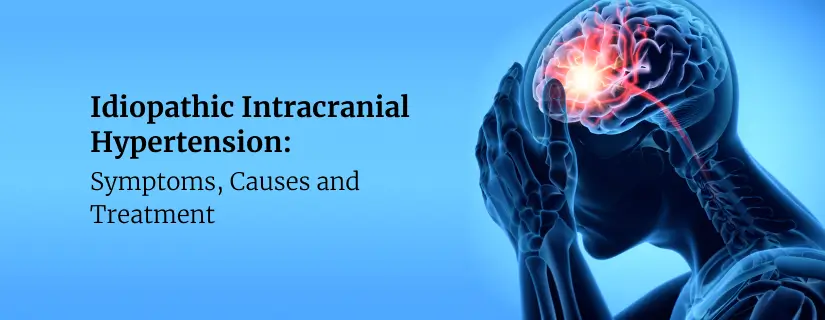
Idiopathic Intracranial Hypertension: Symptoms, Causes and Treatment
19 November 2024
Read More
-
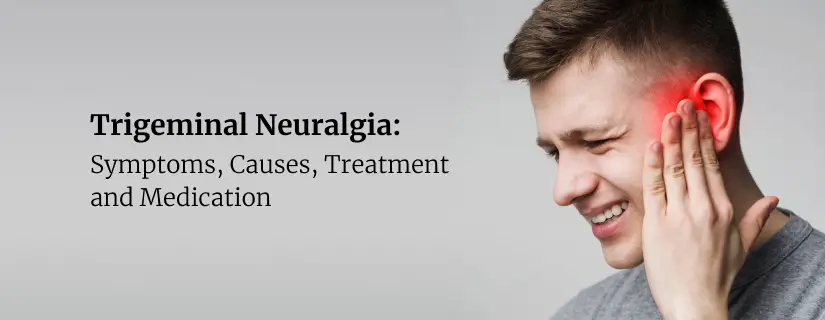
Trigeminal Neuralgia: Symptoms, Causes, Treatment and Medication
19 November 2024
Read More
-

Mild Cognitive Impairment: Symptoms, Causes, Complications and Treatment
18 November 2024
Read More
Have a Question?
If you cannot find answers to your queries, please fill out the enquiry form or call the number below. We will contact you shortly.



